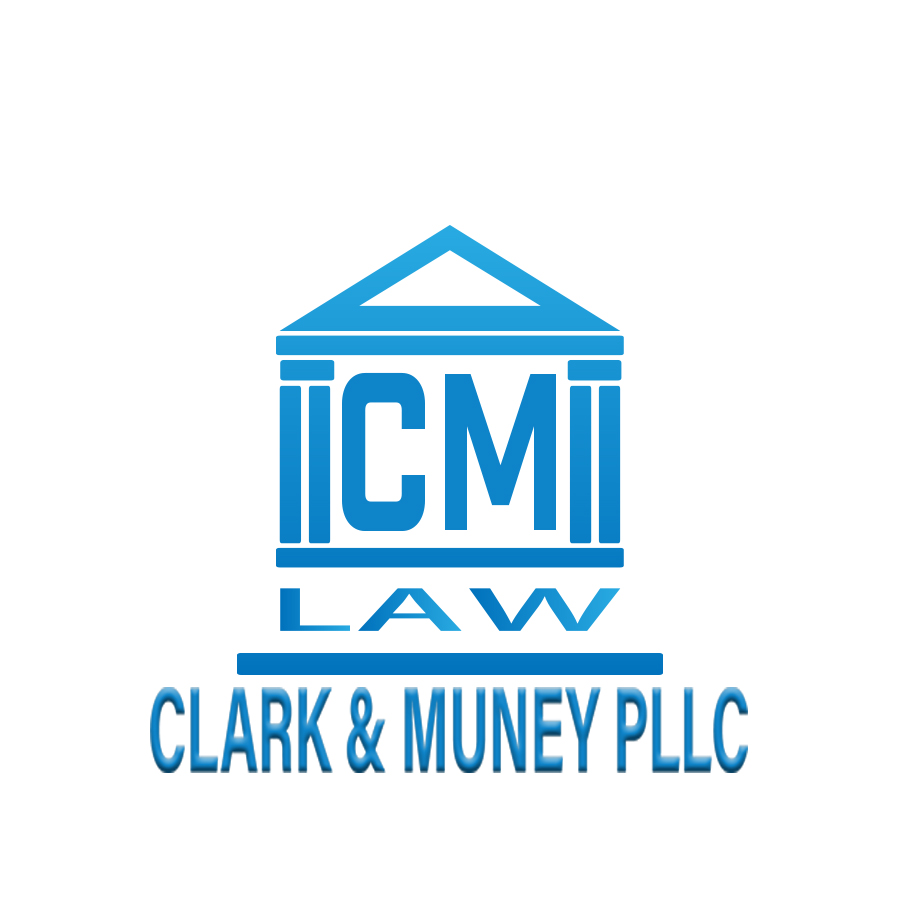Detailed and Thorough Estate Planning Services
Estate Planning
Having a few simple documents allows you to direct the management of your affairs (before and after your death) and to decide who will receive your assets upon your death. The instruments noted below are the most common estate planning documents:
- Will
- Trust
- Durable Power of attorney
- Health care surrogate
- Living will
- Pre-Need Guardian
In Florida, if one dies without an estate plan, Florida’s intestacy laws govern who will be entitled to receive your assets. Having a plan in place before and after death can preserve your assets and provide you with peace of mind that, in the event of illness and/or death, your affairs will be in order.
If you already have an estate plan and are looking to make changes, we can assist you in reviewing your current documents in order to come up with an appropriate plan that best fits your needs. Most changes can be made without the necessity of starting over. For instance, if you desire to make a change to your will, this can be accomplished through the preparation of a short document called a codicil and for a trust through a document called an amendment.
Preparing documents on your own or without the assistance a knowledgeable drafting attorney could result in litigation concerning your estate, which can quickly deplete your assets. In order to protect your legacy against unnecessary and costly litigation, it is important to use a skilled attorney to ensure your future or current estate plan clearly reflects your intent and was executed with proper formalities.
Our goal is to ensure that you have the right plan to manage your assets so the prices will vary depending on the particular needs of the client and the complexity of estate plan. However, many simple estate plans (i.e. will, durable power of attorney, health care surrogate, and living will) can be prepared for less than $2000.
Trusts
The Living Trust is a popular estate planning tool in Florida. We can help you determine if a Living Trust is advantageous for your circumstances. Potential benefits include:
A Revocable Trust can spare your family the trouble and expense of dealing with the Probate Court. This is of particular importance to Florida residents, since Florida's probate system can be cumbersome and family members often live at great distances.
Unlike a Will, which is a death instrument only, the Living Trust also protects you while you're alive by allowing you to appoint someone to handle your business affairs in the event you become incapacitated. This minimizes the chances of guardianship and court involvement in your personal affairs.
The Living Trust is a private document and need not be filed with the court. That offers another advantage: privacy. Your dispositions are not public record, as they are with a Will. That also reduces the possibility of your plan being challenged by any disgruntled heirs.
A Living Trust gives you greater ability to control when and how your beneficiaries use their inheritance. For example, you may want your grandchildren to receive their money only when they attain a certain age. If you have an adult child who is not responsible with money, the provisions of your Trust could specifically give him only certain amounts at specific ages, and/or for specific purposes.
Note: As of January 1, 2019 the federal estate tax exclusion is $11.4 million per person with a top tax rate of 40%.
For couples with taxable estates, the Living Trust can offer additional advantages. A Credit Shelter Trust, (also known as the AB Trust or Bypass Trust), allows couples to pass more tax- free money to beneficiaries by taking full advantage of each spouse's estate tax exclusion. When the first spouse dies, his or her assets equal to the amount exempt from estate taxes -- currently $11.4 million -- flow into a Credit Shelter Trust. The survivor has access to the income from that Trust, but not the principal. When the survivor dies, the money from the Credit Shelter is not included in the survivor's estate, thereby allowing twice as much money to be passed tax-free to heirs.
When you establish a Revocable Trust as part of your estate planning, you (the grantor, also known as the trustor) make yourself the trustee of the assets you place in the Trust. You are still free to sell, trade and give away the assets as you see fit. You may also change the terms of the Trust, or revoke it, at any time. But once you pass on, the successor trustee(s) you've designated take control of your assets, and distribute them in accordance with the provisions of your Trust.
Choosing a successor trustee is a serious decision. The person must be willing to serve, obviously. The successor trustee should also have sufficient financial experience, sound judgment and adequate time to handle the responsibilities that come with the job. The successor Trustee should always hire professionals - lawyers, accountants, etc. - to assist with the tasks the trustee lacks the proficiency or comfort to do him/herself.
In certain circumstances you may find it preferable to appoint a third party rather than a relative as successor trustee. For example, you may believe that time constraints or questionable integrity will interfere with your adult child's ability to handle the job. Also, if your adult children do not get along, choosing a third party can be preferable to choosing just one child, which may inflame sibling rivalries, or to appointing all your children as co-trustees and somehow hoping that they can work together amicably. A bank or brokerage may serve as a third-party trustee.
